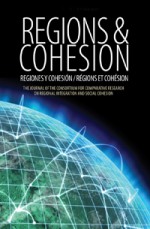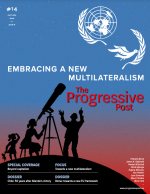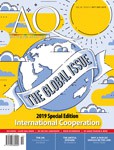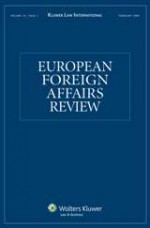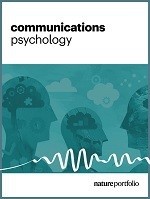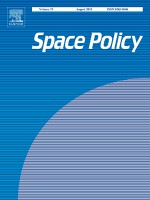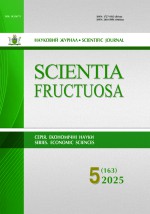What is a Region? Towards a Statehood Theory of Regions

This article presents the outline of a statehood theory of regions with the aim of contributing to a better understanding of what regions are, how they function and how they emerge. First, a definition of region is introduced that starts from the use of the concept of region in everyday language. It is argued that ‘region’ is a discursive tool used to refer to governance units that are not states but have some statehood properties. Second, a comparative framework is developed that allows to present theories of regions in a systematic way. Third, this framework is used to outline a general theory of regions at the supra-national, sub-national or cross-border level. This theory can be labelled as a ‘statehood theory of regions’ as it underlines the statehood properties of regions as well as the complex relationships between states and regions. According to this theory, regions are in a double relation to states: they are to some extent supportive to the state(s) that created them, and they have a tendency to gain autonomy from their creators. The whole paper can also be regarded as an exercise in interdisciplinarity as it brings in perspectives from psychology and personality theory in order to transpose the Hobbesian metaphor of states acting as persons to the understanding of regions.


